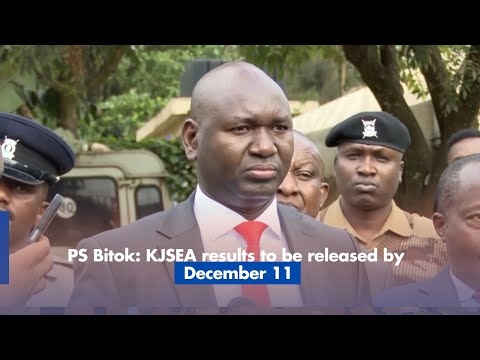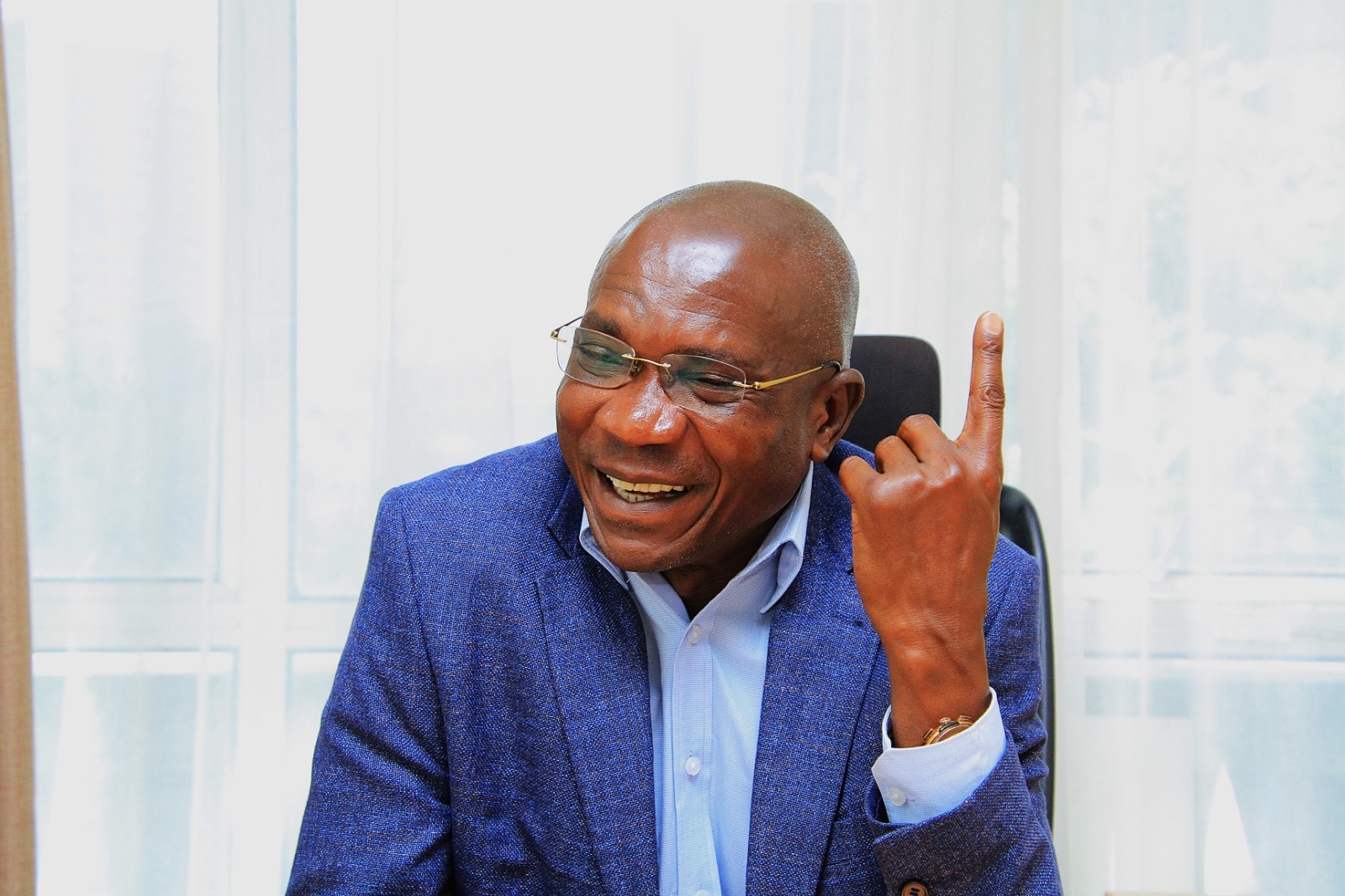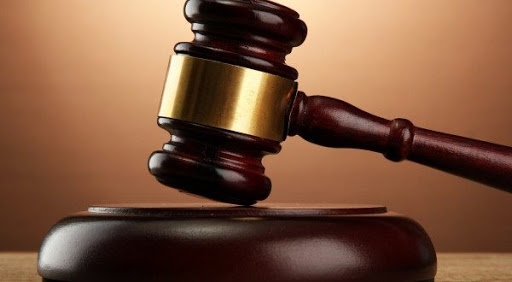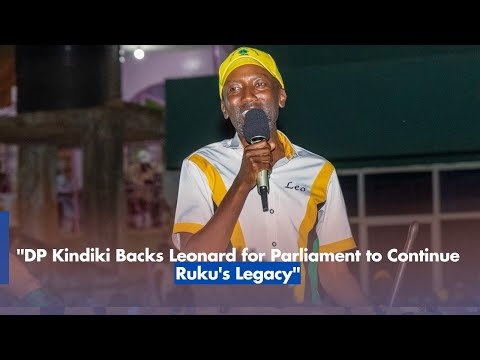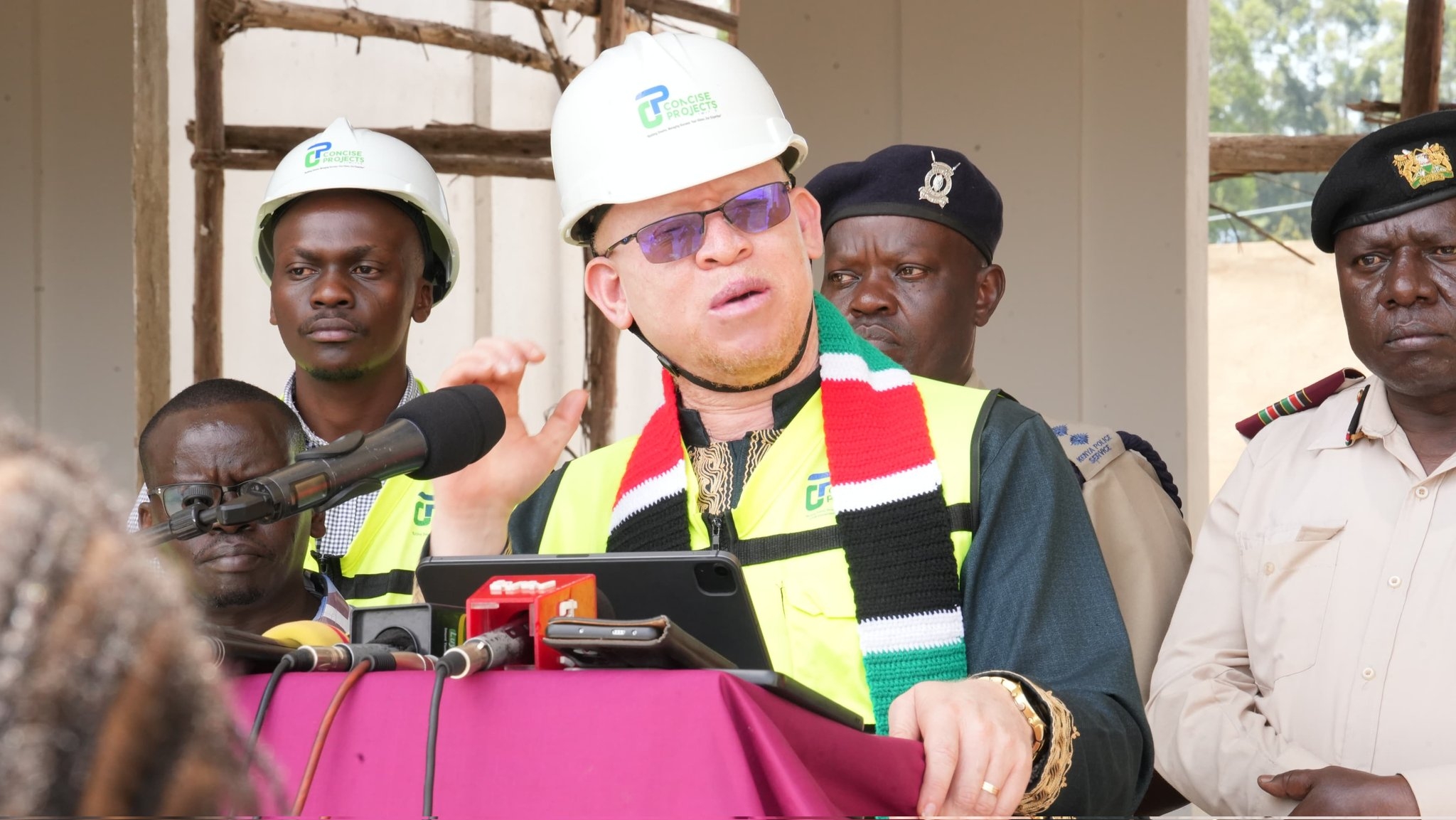Legal experts now want Chief Justice Martha Koome to publish the agreement she reached with President William Ruto during their meeting at State House.
Convened by the Kenyan section of the International Commission of Jurists, the experts said there should be clarity on the agreements reached, including the concessions made to the Executive to sustain public confidence in the Judiciary.
The experts, including former CJ Willy Mutunga, former vice chairperson of the Judicial Service Commission Mercy Deche and Margaret Satterthwaite, who is the UN special rapporteur on the independence of the judges and lawyers, among others, spoke during a webinar convened by the ICJ.
They said, though the meeting between the three arms of government was crucial in ensuring close coordination of all the affairs in national administration, it should have been carried out with care to prevent speculation, especially with regards to the independence of the Judiciary.
Mutunga said that members of the public needed to be watchful in demanding better performance from both the judicial officers and the elected officials.
“People need to exercise the powers in Article 1 of the Constitution by withdrawing the mandate from the misbehaving officials and see what will happen,” he said.
“The politicians only succeed by dividing us into tribal enclaves. If we join hands and withdraw the authority in exercising our sovereign powers, we tell the barons that we can get rid of them and those who are in must work [for] our interest in line with the constitution.”
“There is no problem with intergovernmental arms meeting to discuss issues. However, such discussions must not fortify the perception of going to bed with any actor, including the people out of government,” Deche said.
She said that to ensure independence of the Judiciary, judicial courage is critical as well as the integrity of the individual judges.
“Judicial courage is only possible if the judge’s personal and professional integrity and decency is beyond a question,” Deche said.
The former JSC vice chairperson said that the Judiciary should strengthen means of complaint management by strengthening the Ombudsman and the institutions that receive feedback from the public to foster transparency and address the concerns of corruption in the courts.
Institutions should do self-introspection and that the review and introspection should be done periodically to re-enforce the integrity.
The courts should also develop allies, she said, adding that “an arsenal of allies [should] defend them whenever there is an issue. Such allies can include the bar association, civil society, retired professionals and the public.”
Deche said that the loud silence from independent commissions and agencies that are supposed to speak in the face of the attacks on the Judiciary was worrying.
CJ, she said, must be vigilant and appreciate that moving back to the dark days when the Judiciary did the bidding of the Executive.
Deche said lawyers can also undermine the independence of the Judiciary through unfair and unfounded attacks.
Satterthwaite said separation of powers is crucial and every branch of government must entrench itself to win and sustain public confidence in its dealing. She said the UN charter is keen on every branch not overstepping its bounds by invading the space of another.
“UN is committed to ensure that the attacks on individual judges are brought to the attention of government and international community,” the UN special rapporteur.
She said judges and lawyers should democratise the law by ensuring the legal systems are understandable and easily accessible to the people without alienating the public and make judges and lawyer elites.






